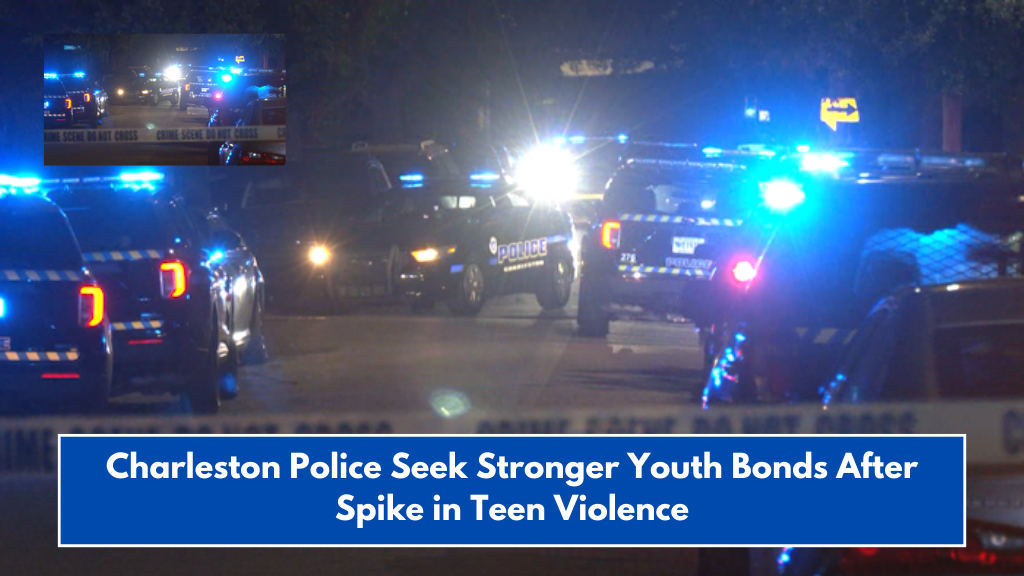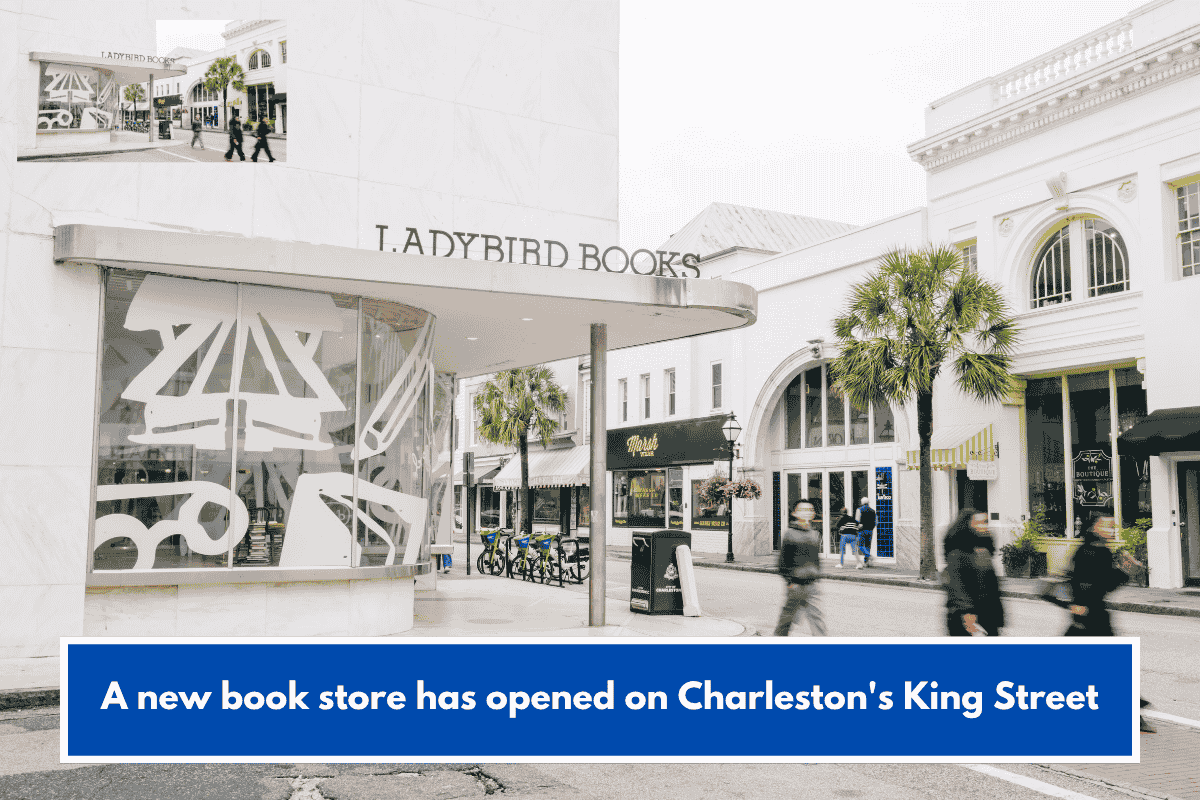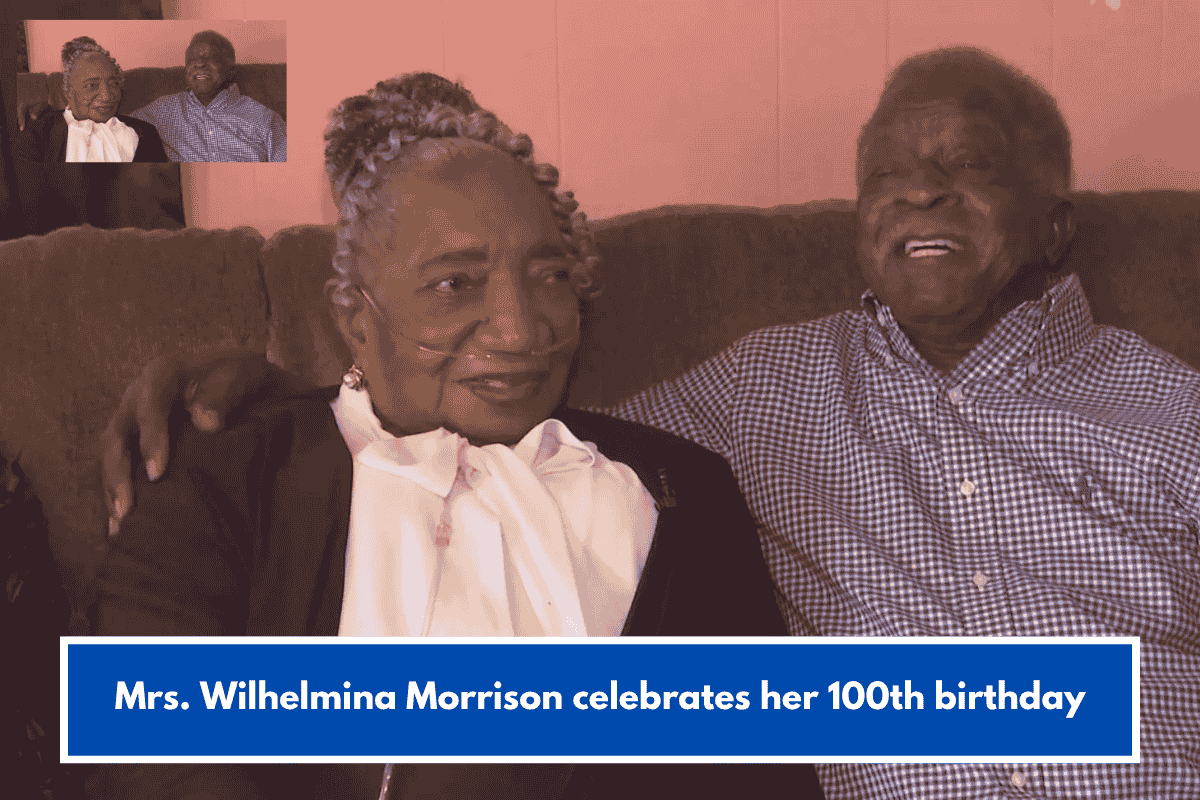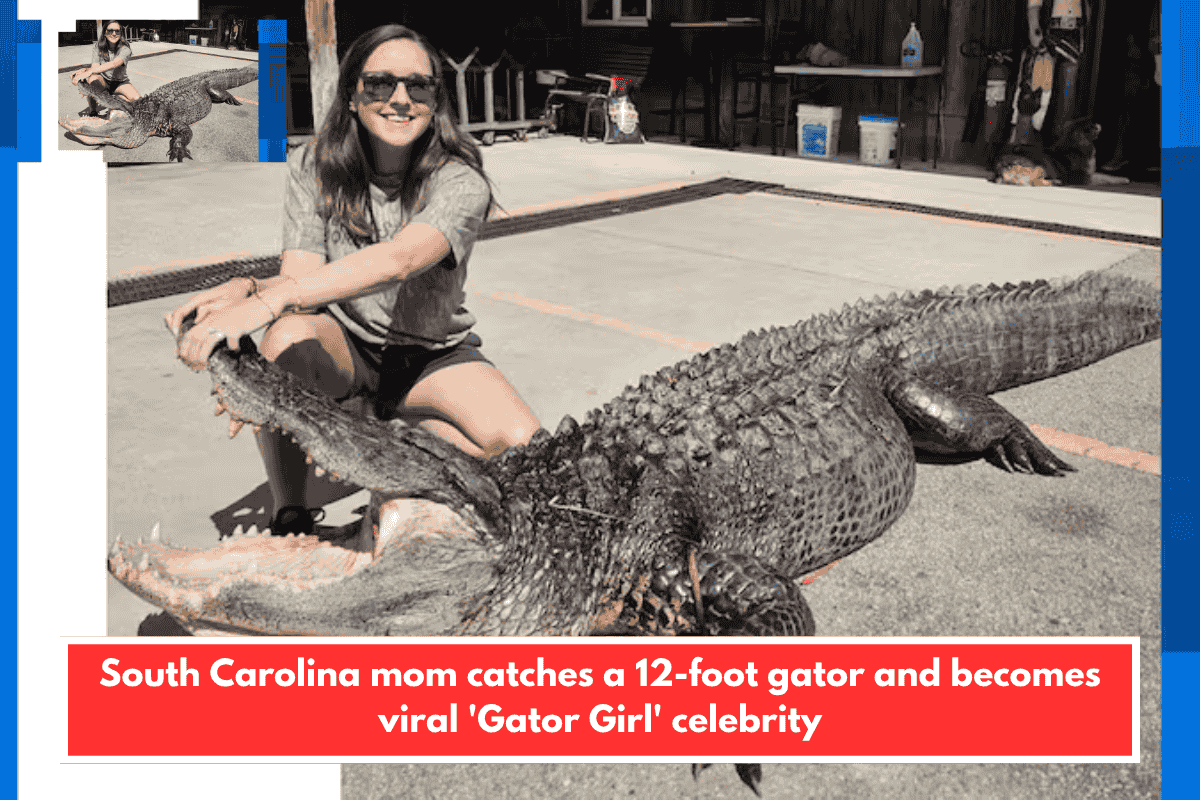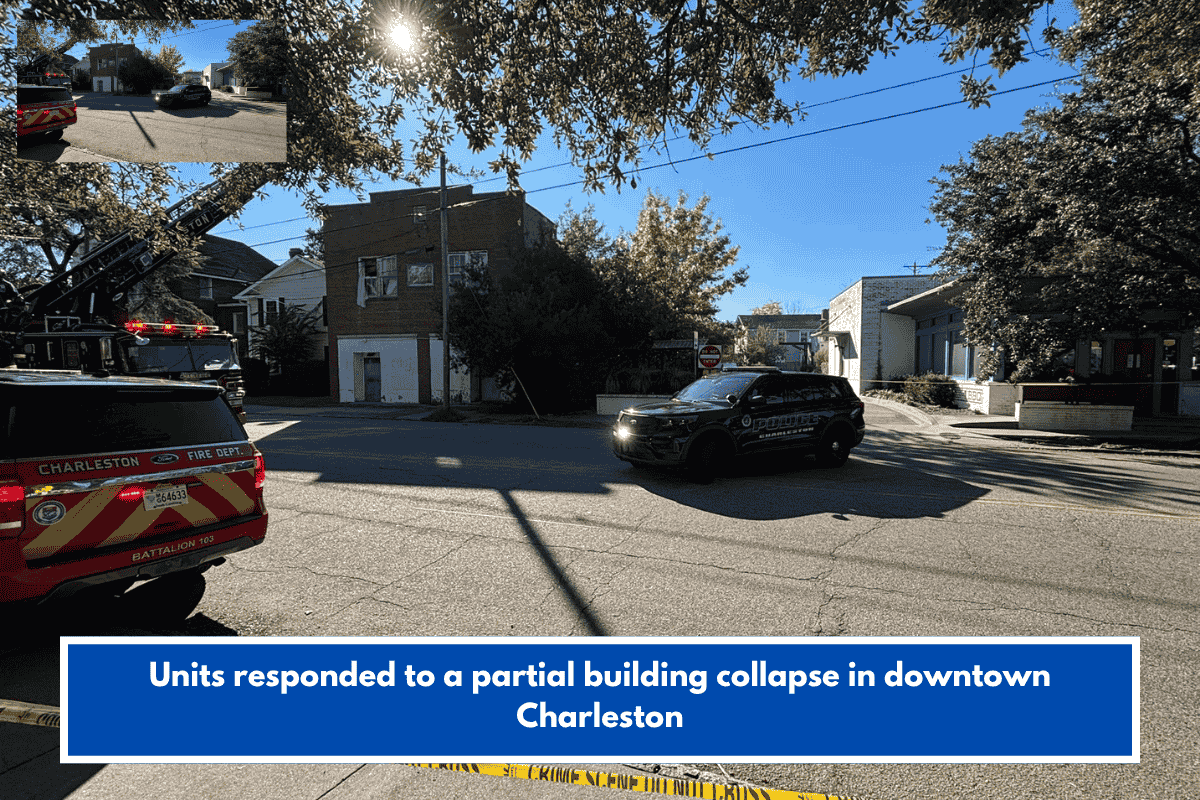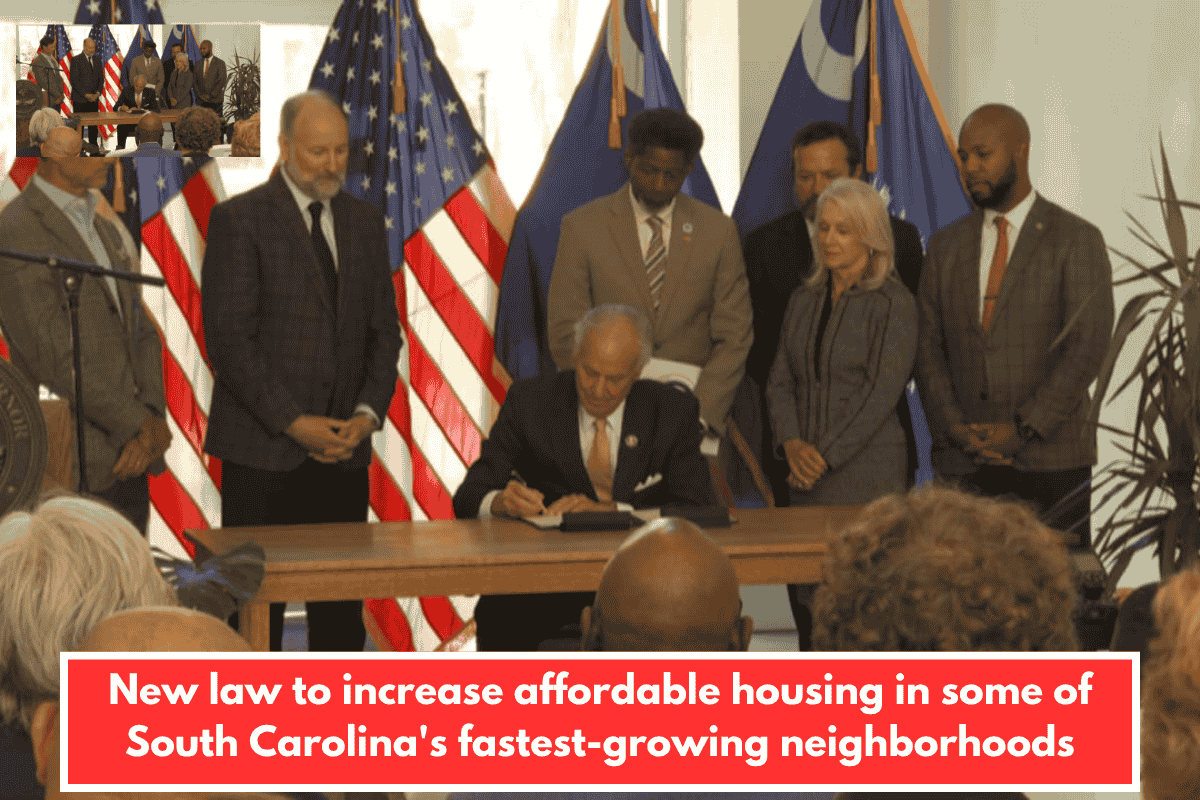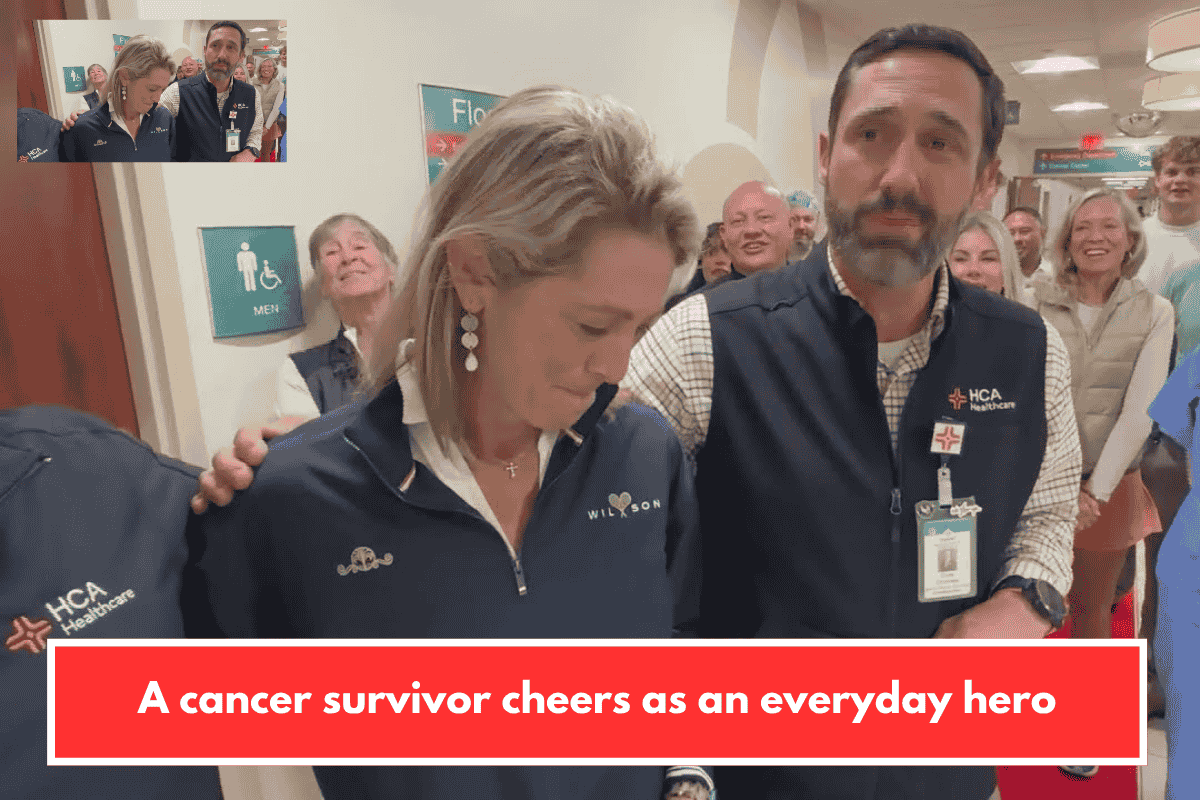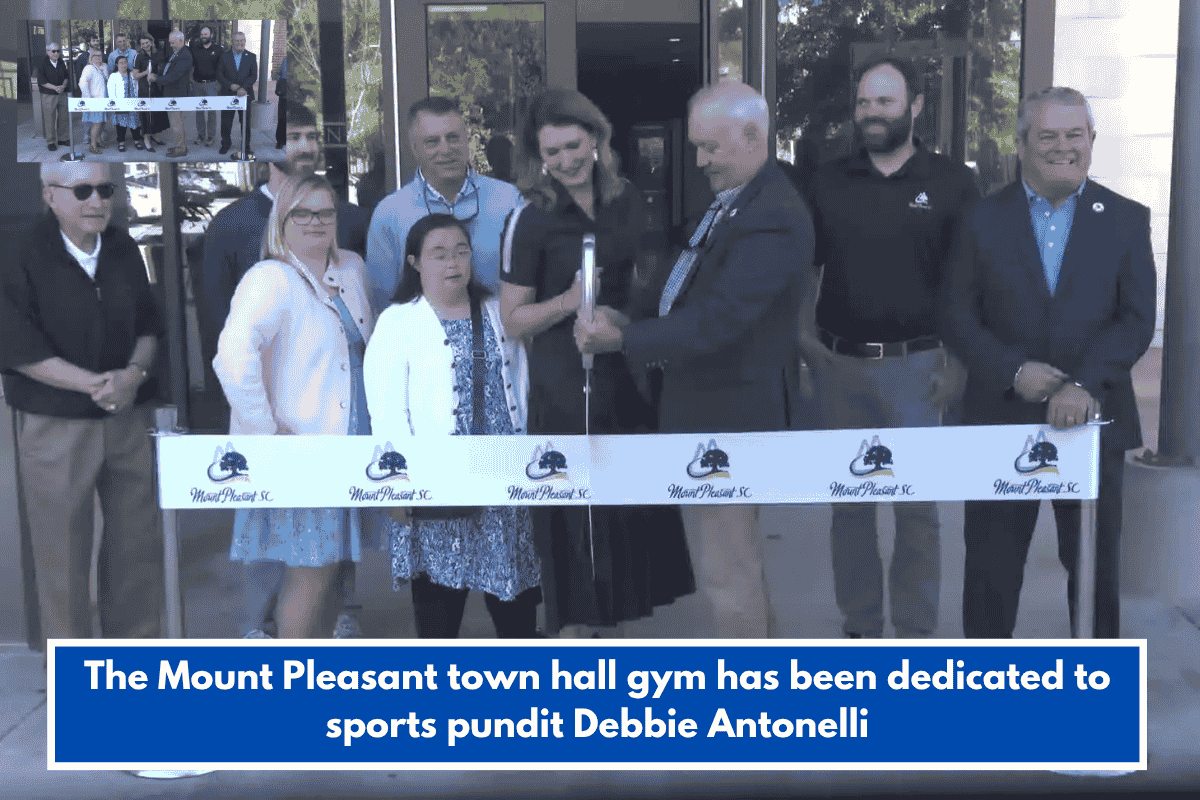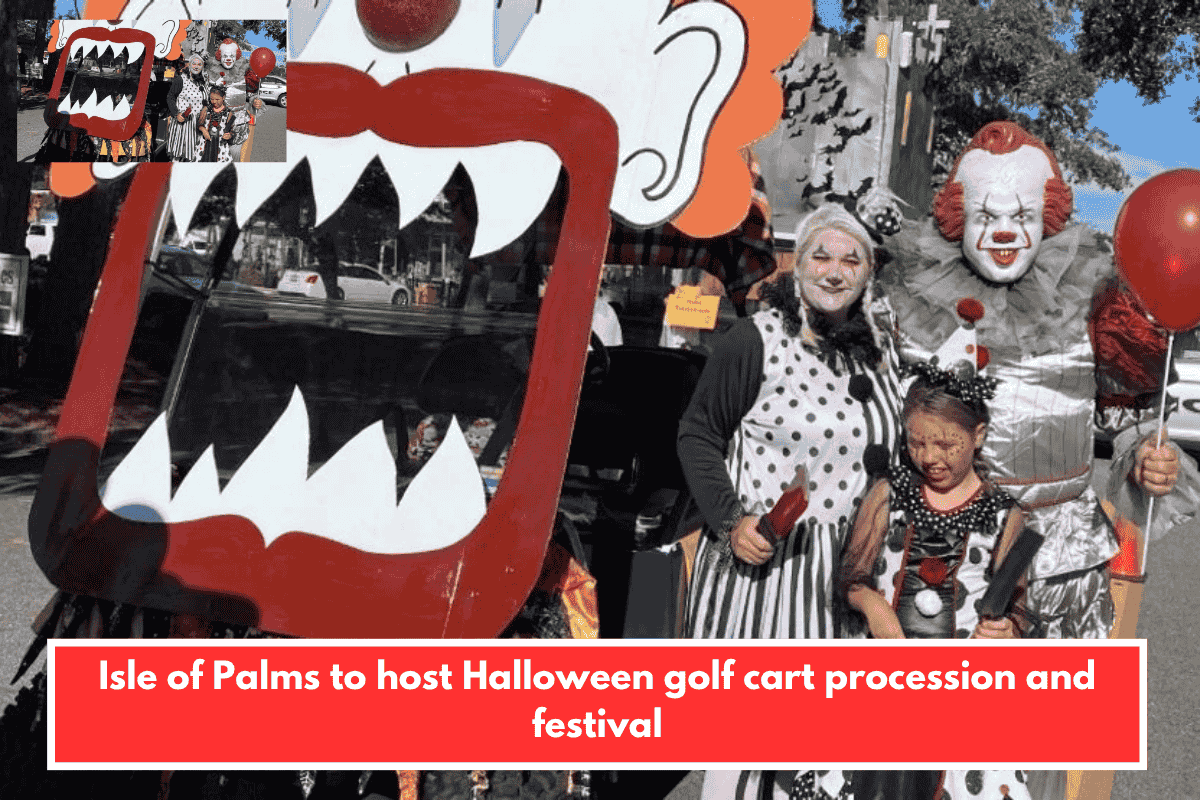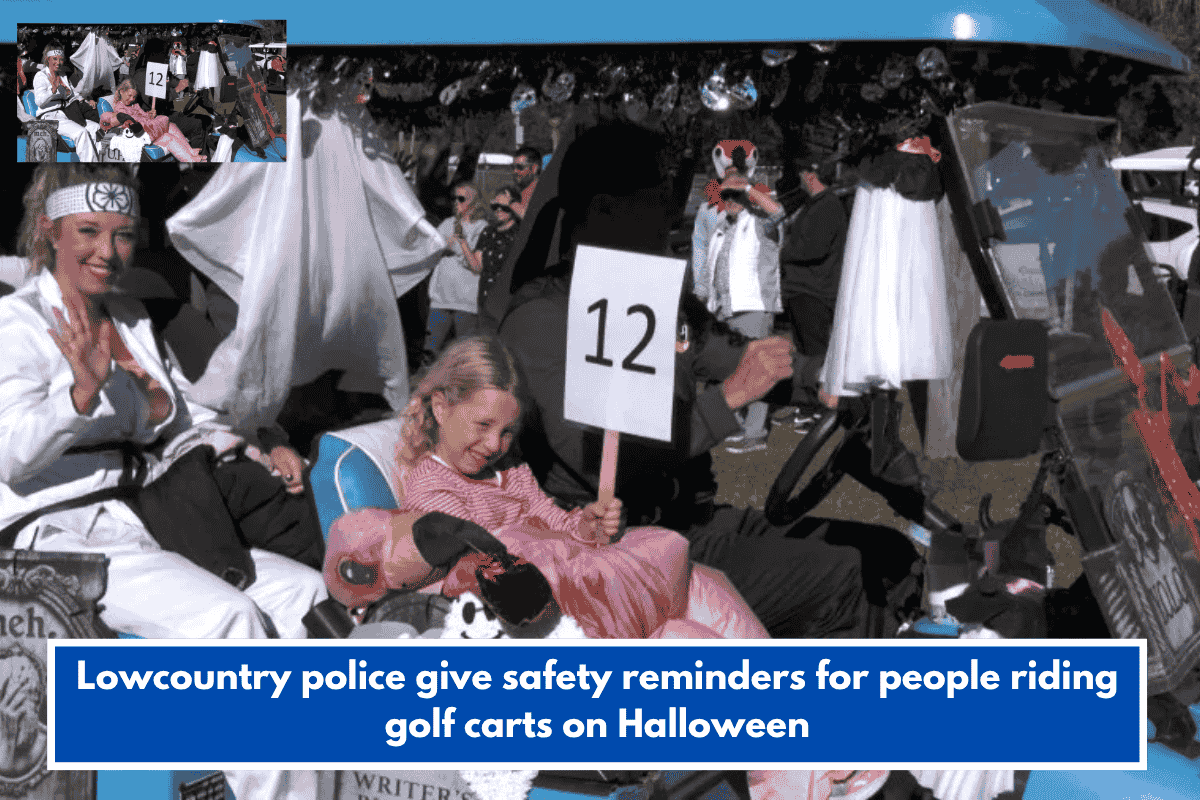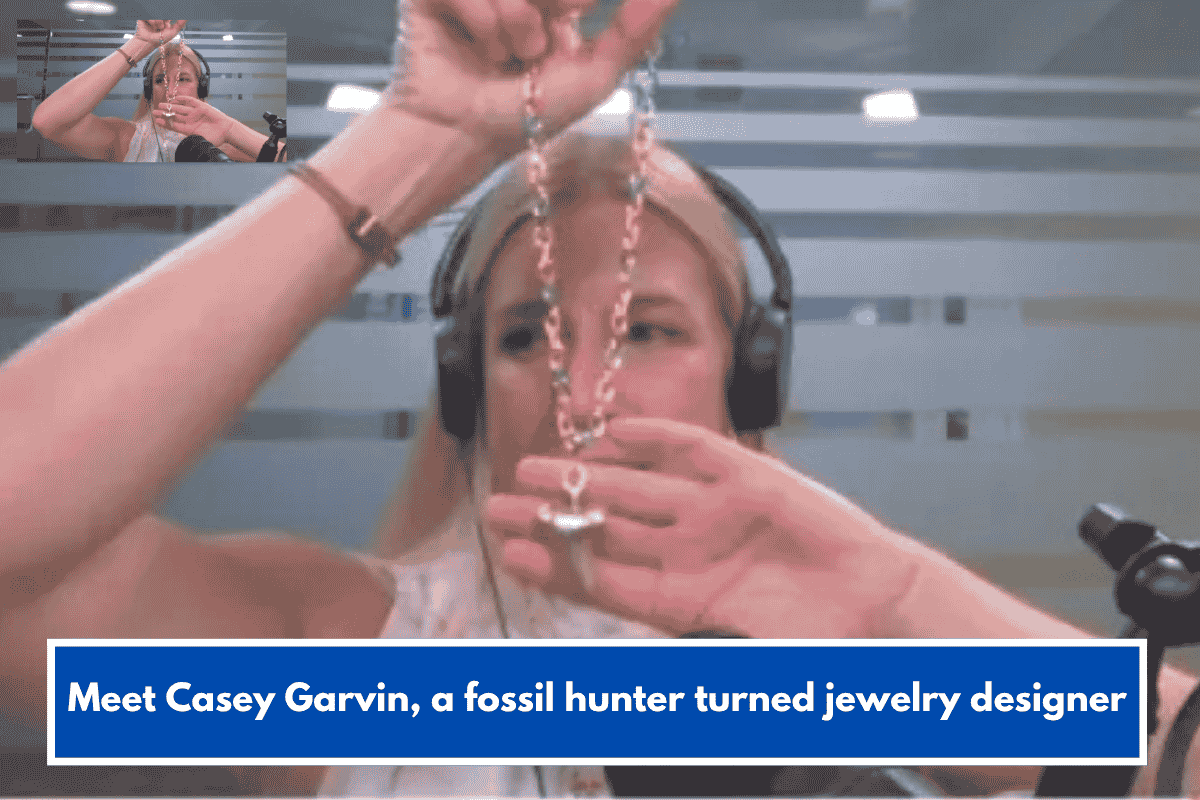In the last week of April, Charleston saw a sudden rise in violent crimes involving teenagers, leaving several people injured. Now, the Charleston Police Department says it must take a different approach—one that involves not just policing, but community support and youth connection.
Teen Violence Cases Spark Concern
The violence unfolded over just a couple of days. On April 26, a 13-year-old and a 15-year-old were charged with attempted murder after a shooting on Romney Street. That same day, another teenager was robbed at gunpoint in the West Ashley area.
Then, on April 27, shots rang out again—this time on America Street. A teenager was shot, and a 16-year-old suspect now faces multiple charges.
Police say these aren’t just random crimes—they’re signs of a deeper problem involving how society is engaging (or failing to engage) with its youth.
“We Can’t Just Arrest Our Way Out”
Jerome Smalls, who leads youth outreach efforts for the Charleston Police, said the police understand they cannot fix this problem through arrests alone.
“We need the community,” he said. “We need mentors, support, people to guide our youth—not just the parents, but everyone around them.”
Smalls added that many young people involved in crime are still just children, even if they don’t look or act like it. He believes the police must humanize both officers and young people to build trust and understanding.
A Broken Cycle, Generations in the Making
Community leaders say many of these young people come from families that have faced hardship for generations.
Dennis Muhammad, director of Redirect Collective, said, “These families have been failed. They don’t have the tools to guide their children. That’s where we need to step in.”
Partnerships for Real Change
To bring real change, Charleston Police are partnering with local groups like Representation Matters Foundation and Redirect Collective. These organisations are led by people who have lived through similar struggles.
Carlos Debeuax, co-executive director of Representation Matters Foundation, says his own painful past is what drives him to help.
“I went to prison, saw things no child should see. I want to stop others from going down the same path,” he said. “These kids have potential, but they need real support.”
Police Plan to Build Connections, Not Just Patrol
While police are increasing patrols in high-crime areas, they also want to make better use of community centres, giving kids a place to interact positively with officers.
The focus is now on creating safe spaces where children and teens feel supported, not just watched. It’s about prevention, not punishment.
The rise in youth violence in Charleston is a serious concern, but it’s also a wake-up call. Arrests alone won’t solve the problem. Community leaders, former inmates, parents, and the police must come together to guide the next generation. With new partnerships and youth-focused outreach, Charleston is trying to break the cycle of violence and give its children a brighter future.

